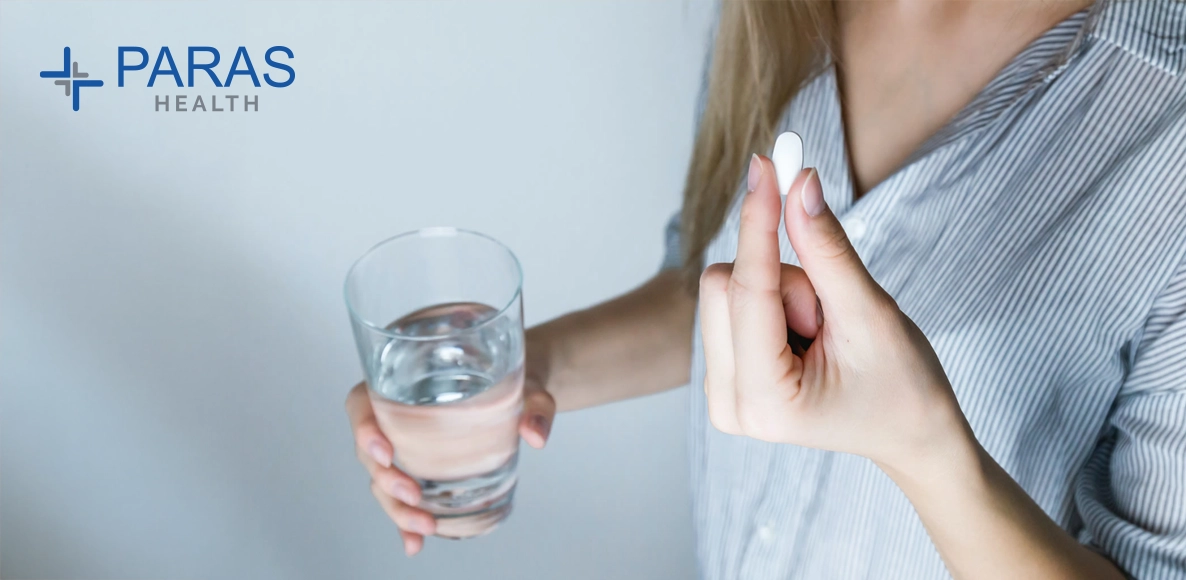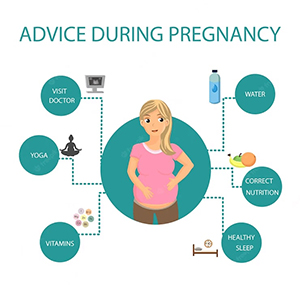10 Facts about Breastfeeding Mother’s Diet

Apr 19, 2022
Breastfeeding or Lactating mothers have a responsibility. They just don’t have to feed their child with the breast milk but they also have to take care of their health and nutrition to support the breast milk production. A number of food products help the production of breast milk and there are many that may reduce the same. Some can even change the taste of the breast milk making breastfeeding difficult. Breast feeding mothers are hence suggested that they consult a diet and nutrition specialist who can recommend a complete diet plan that can complement their lactation responsibilities. Following are some facts about breastfeeding and the mother’s diet.

- “Perfect” diet in order to make a “perfect” quality breastmilk for your baby.
There is no “perfect” diet to make quality milk as every individual has a different requirement. Eating a well-balanced diet will make you feel healthy.
- The need for extra calories
You will most likely feel hungrier than earlier. This is because making breast milk needs extra calories. Eat according to your hunger.
- The “Food” you need to avoid.
In general, there is no foods breastfeeding mother need to avoid altogether. Some babies might show signs of food sensitivity by reacting to something in their mother’s diet, through their breast milk. If you are concerned, your baby has the food sensitivity, do seek advice.
- Is drinking tea, coffee, and caffeinated sodas fine?
According to the American Academy of Pediatricians, moderate consumption of tea, coffee, and caffeinated sodas are fine when you’re breastfeeding. Although babies can ingest caffeine through breast milk, around 5 cups of coffee a day by the mother is unlikely to have an impact on sleep levels of the baby.
- Oils and Fats – Opt for any heart healthy oil.
It is recommended to keep fats and oils in your diet to a minimum, post pregnancy. Some amount is needed for absorption of Vitamins and Minerals present in other food items.
- Mineral and Vitamin supplements.
Add apricots and walnuts to your diet. Apricots are rich in calcium and boost lactation. Calcium, multivitamin-mineral supplements, or both are required if dietary sources are marginal.
- Increasing Fluid intake.
A common myth about breast milk is that the more water you drink, the better your supply will be. It is, however, important to drink enough water to quench your thirst. No need to go overboard.
- Foods that enhance breast milk production.
Can add oatmeal, fennel seeds, fenugreek, garlic, carrot, black sesame seeds, cumin seeds according to some dietitians.
- Increase protein intake.
The best source of protein is Salmon fish which is a great source of PUFA and DHA that helps in proper brain formation, improves eyesight and stronger nerves.
- Adequate rest.
Add Rest to your diet. Take day time naps to help you relax.







